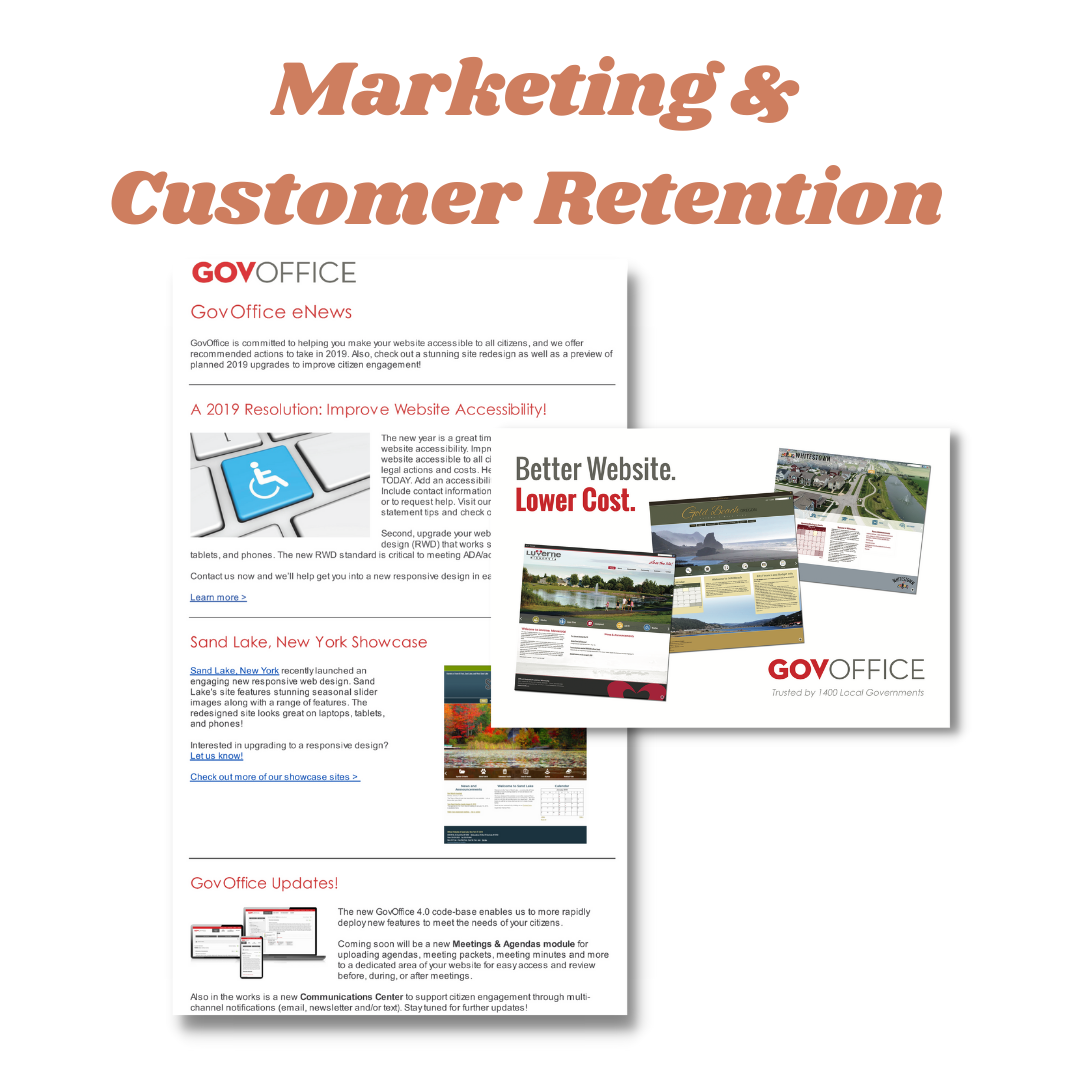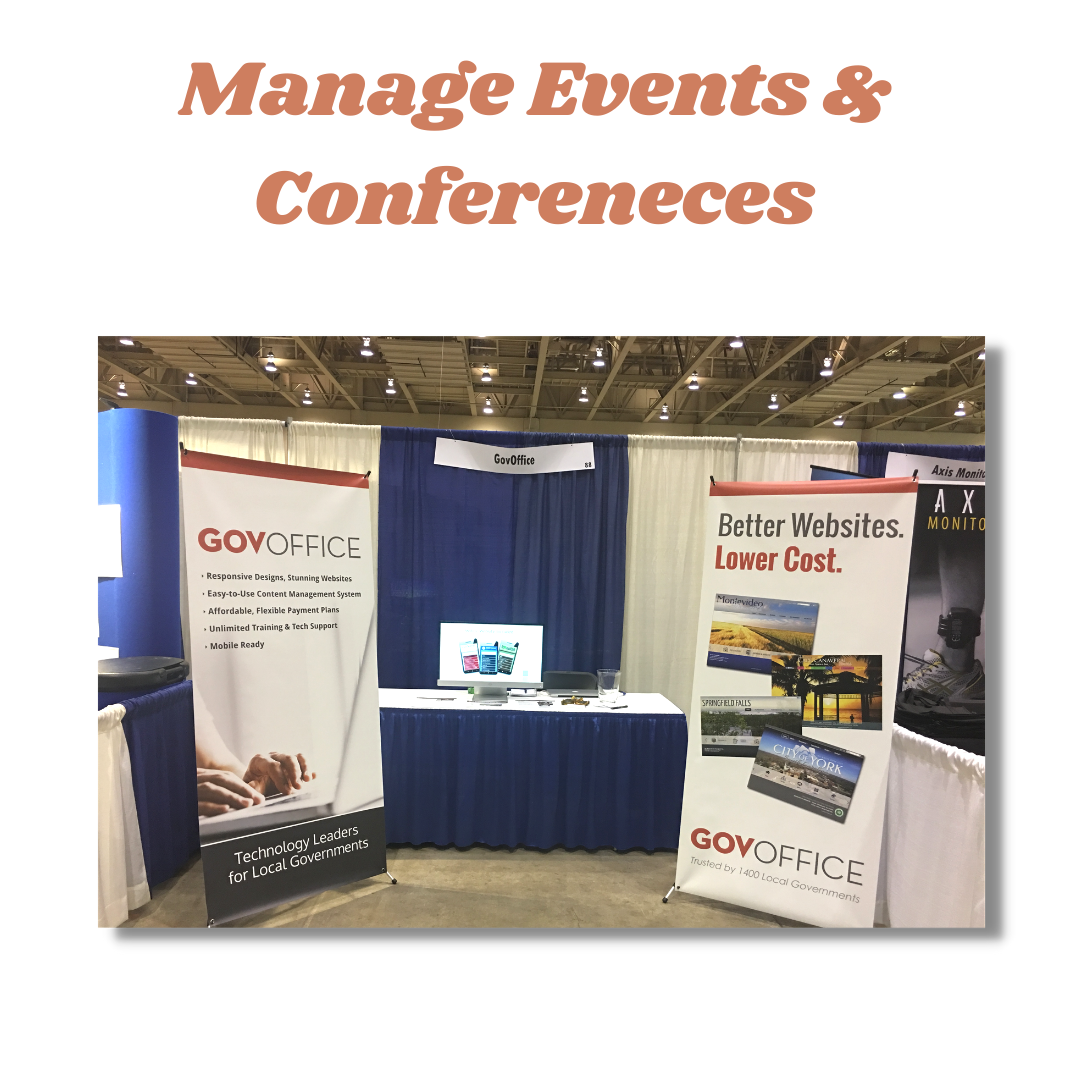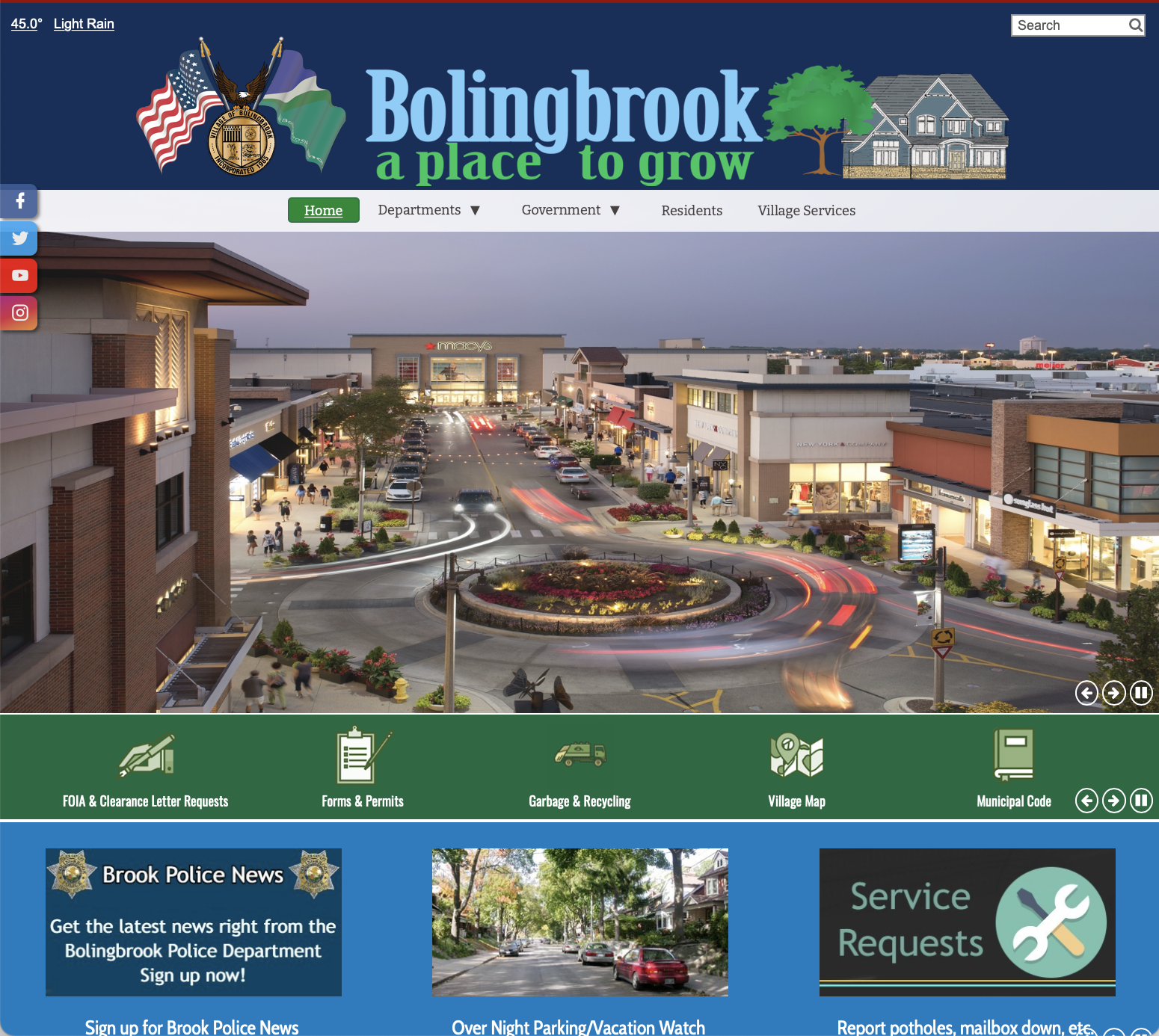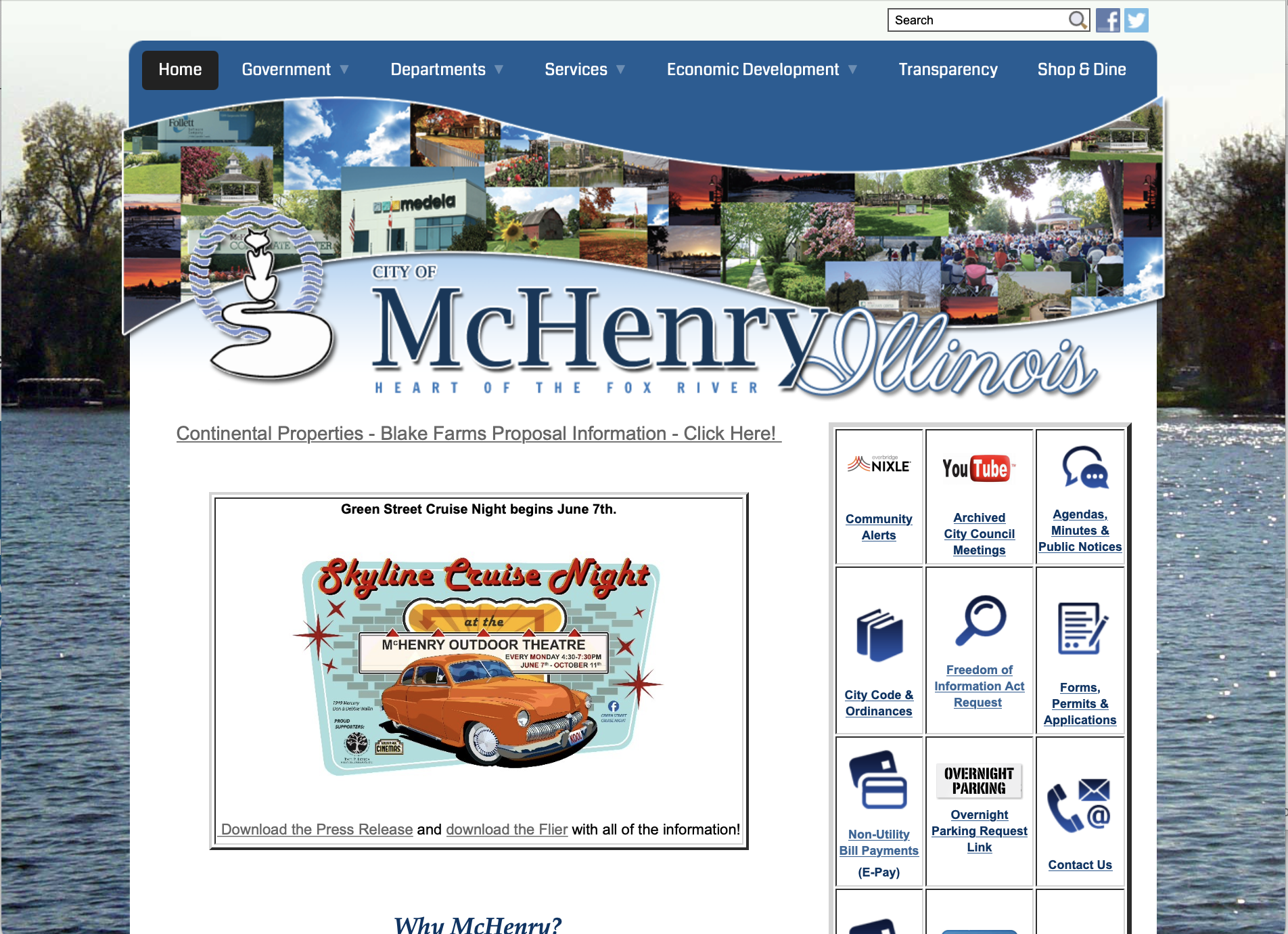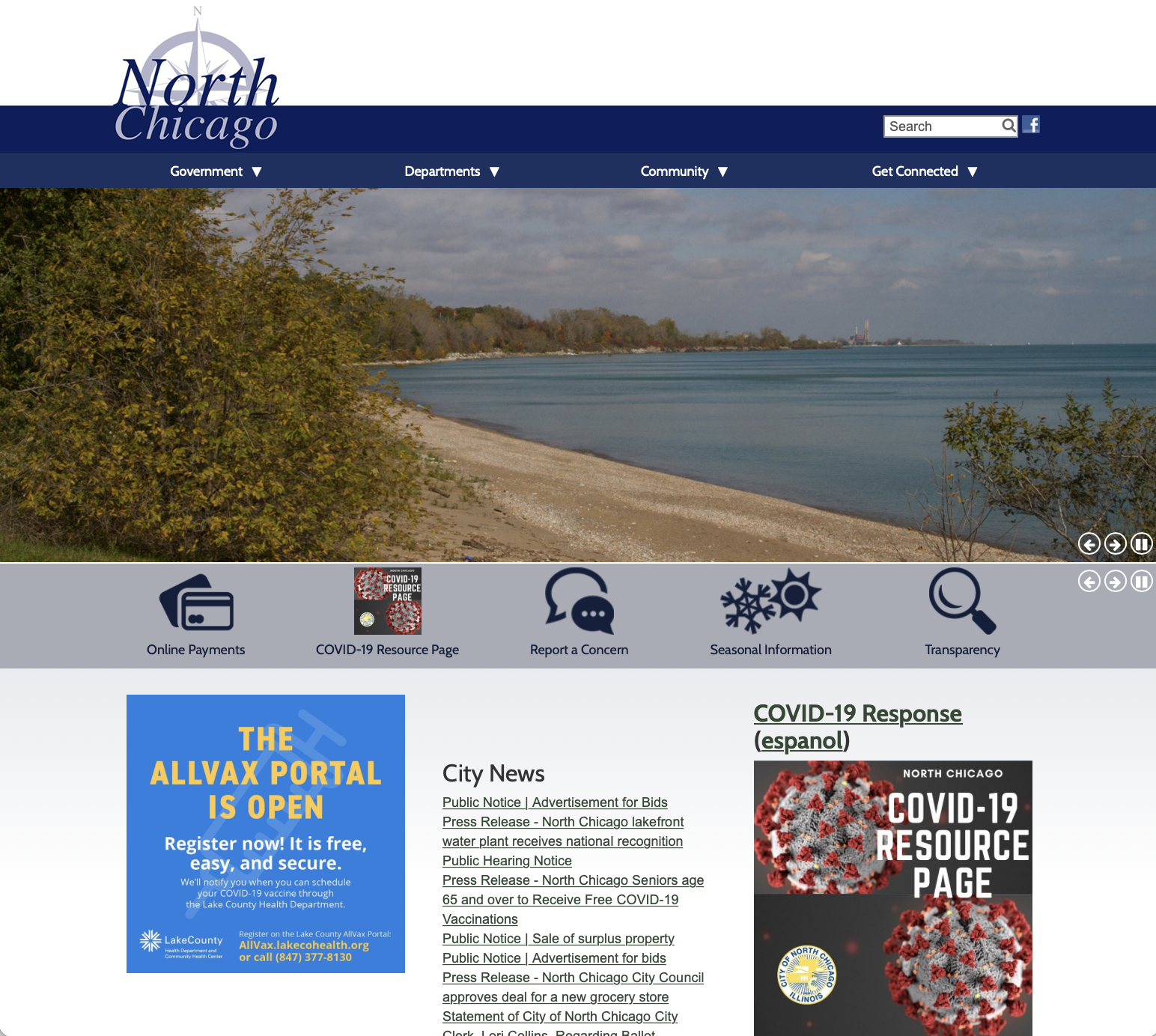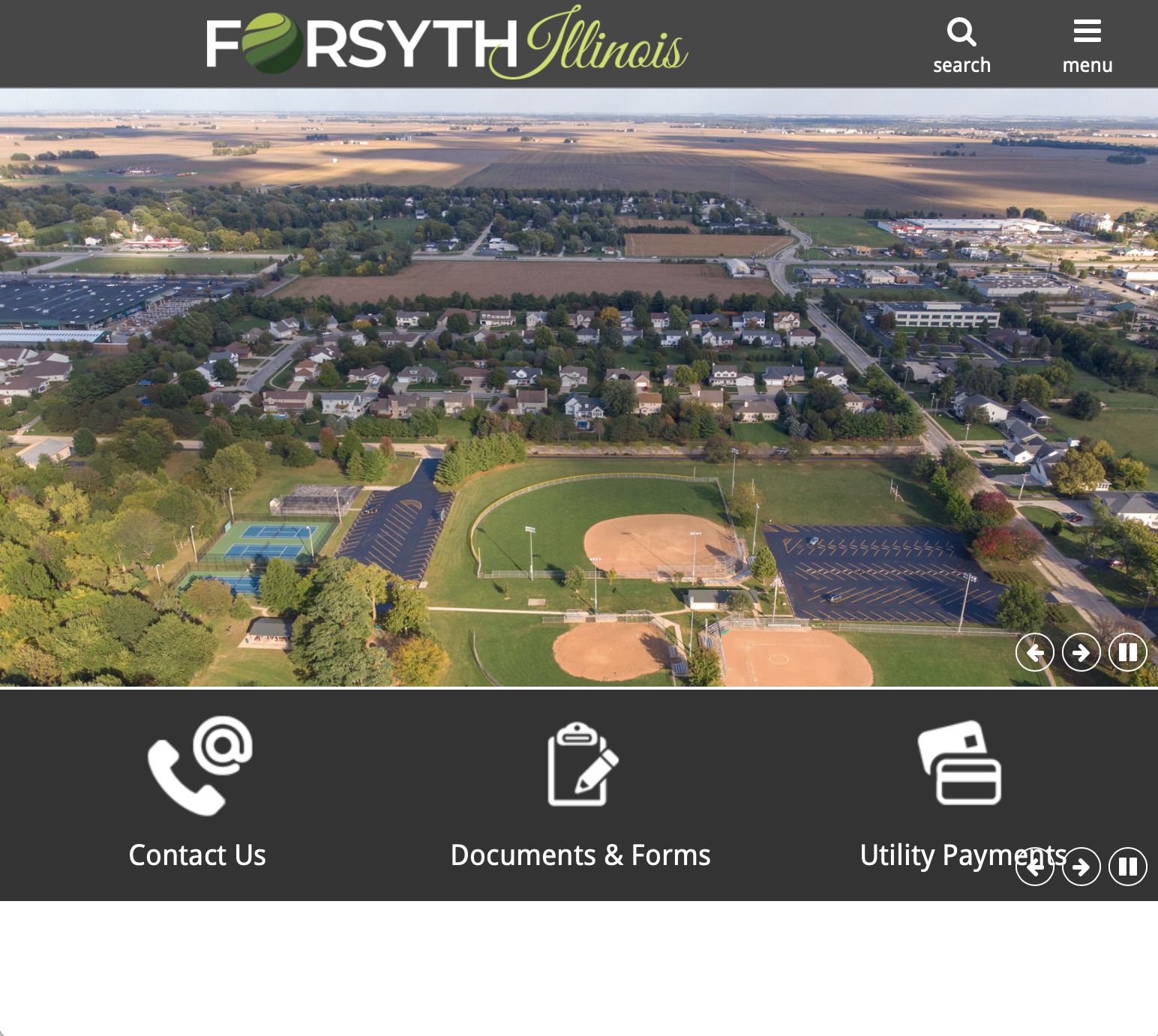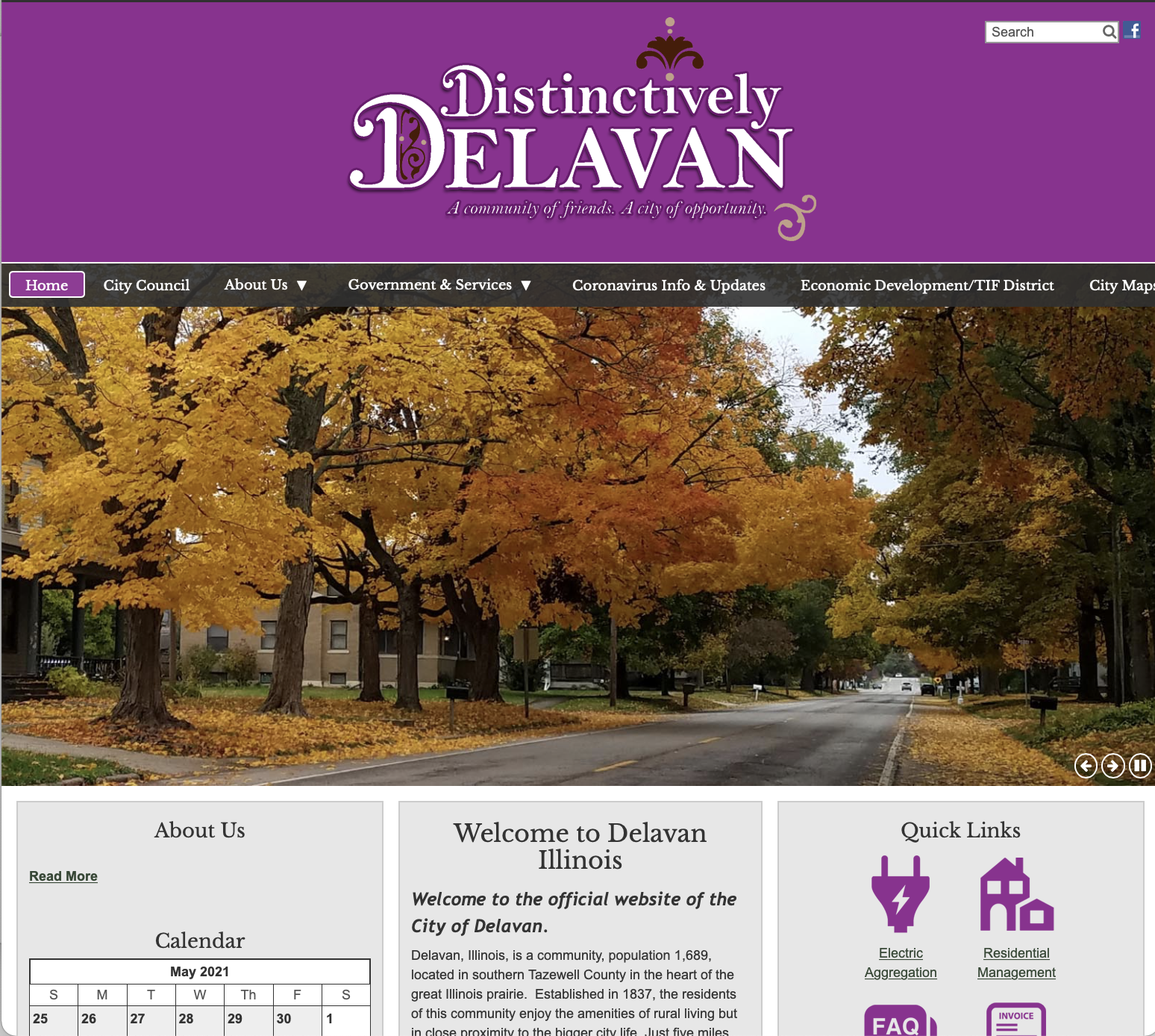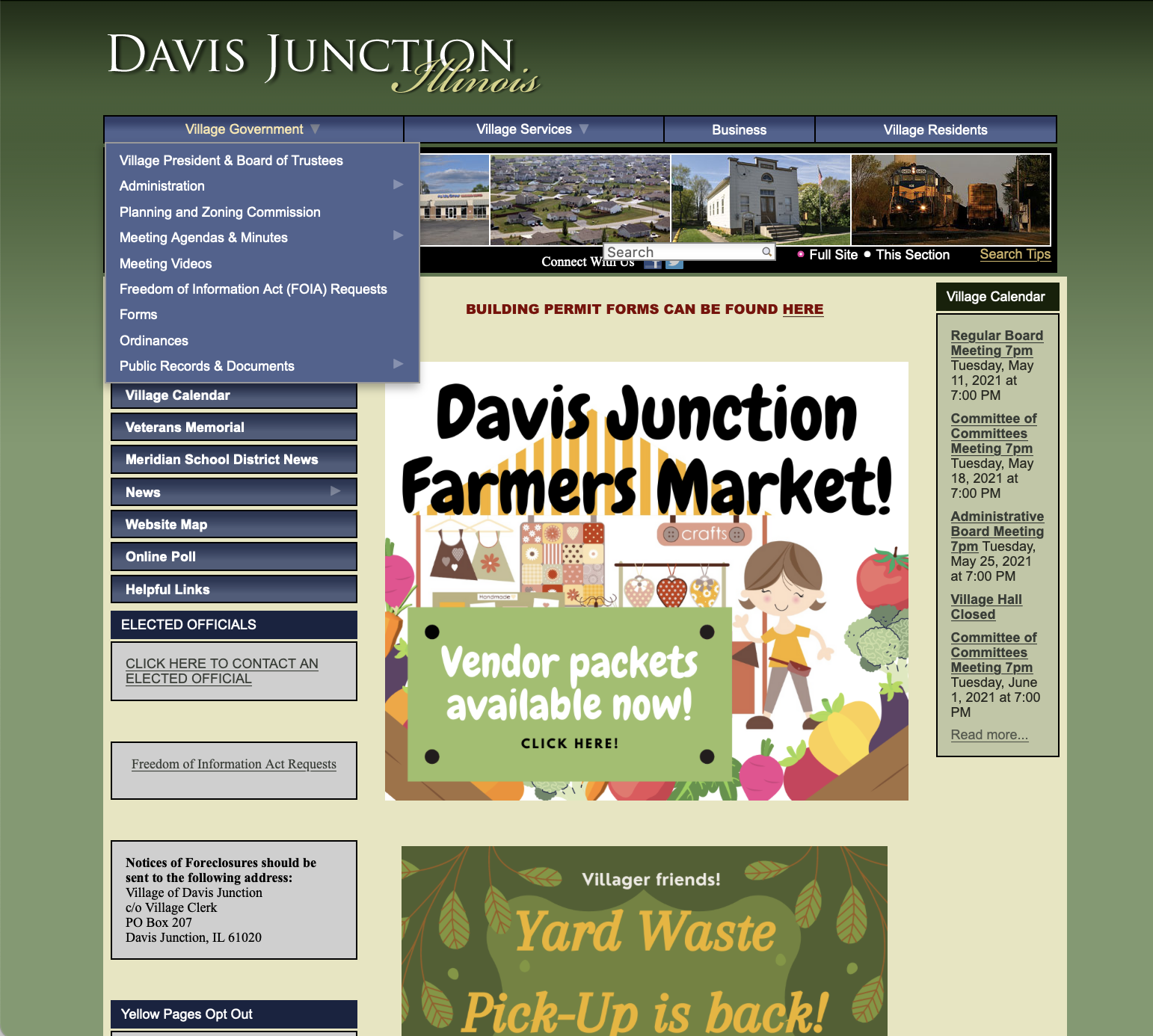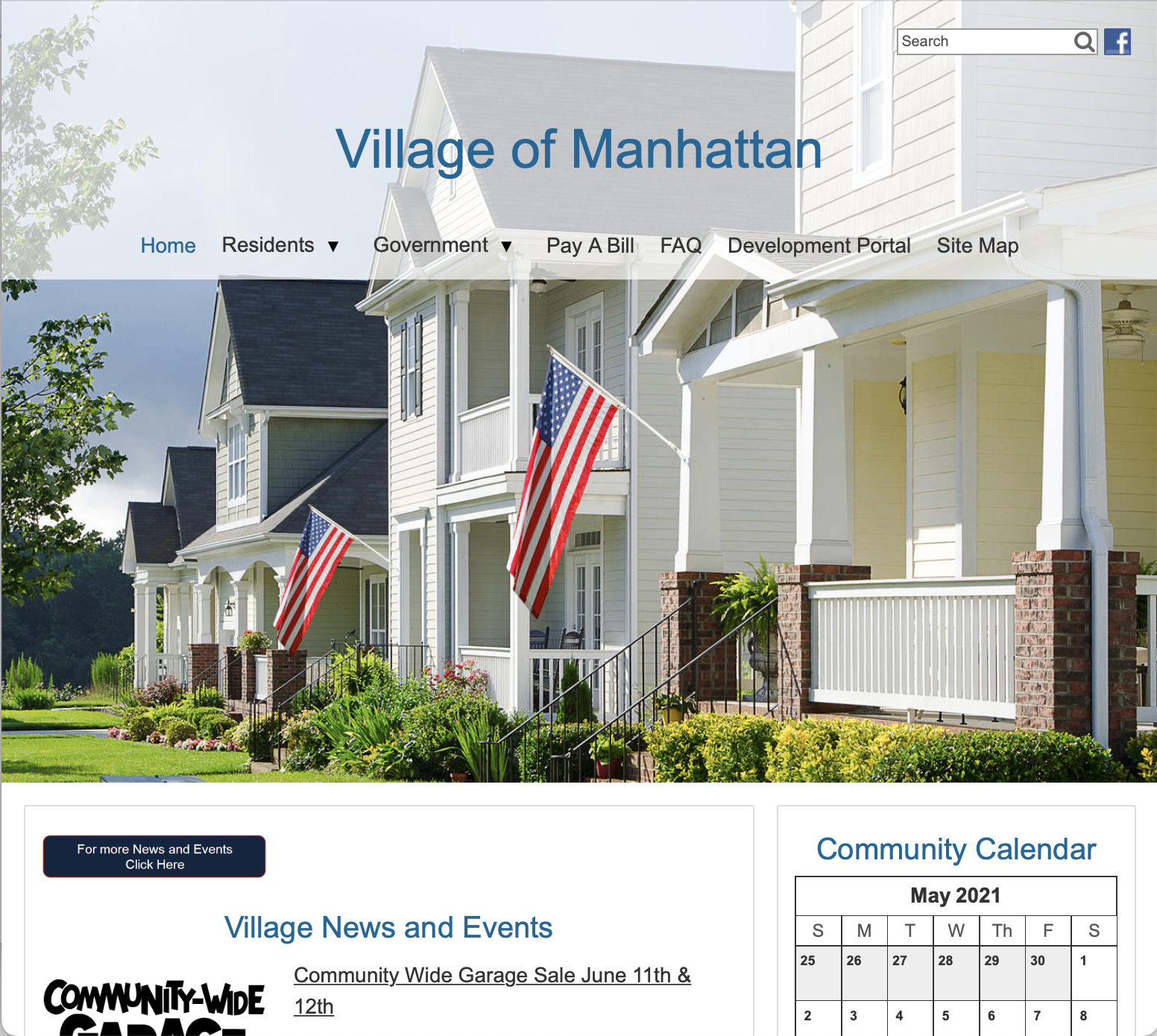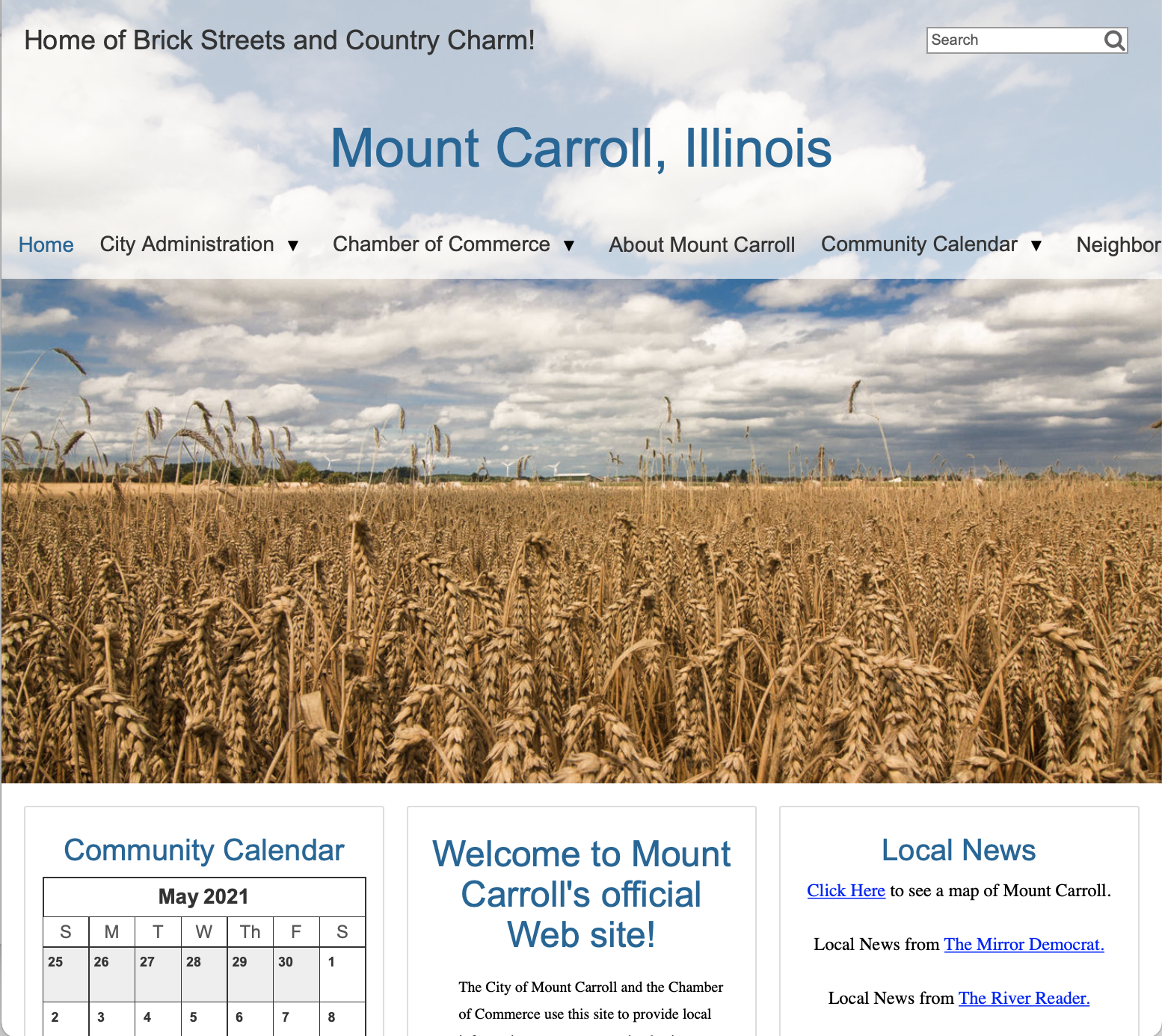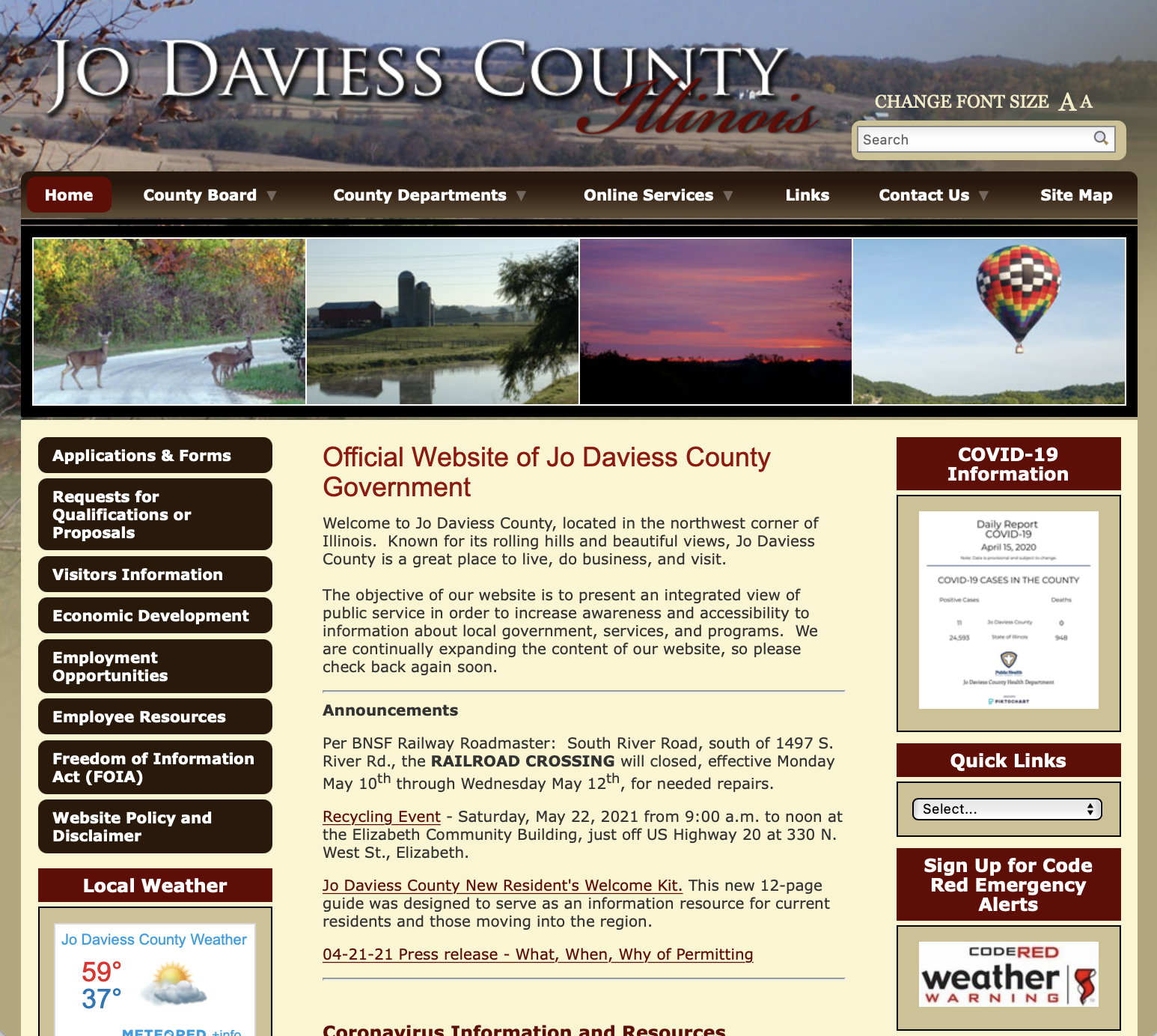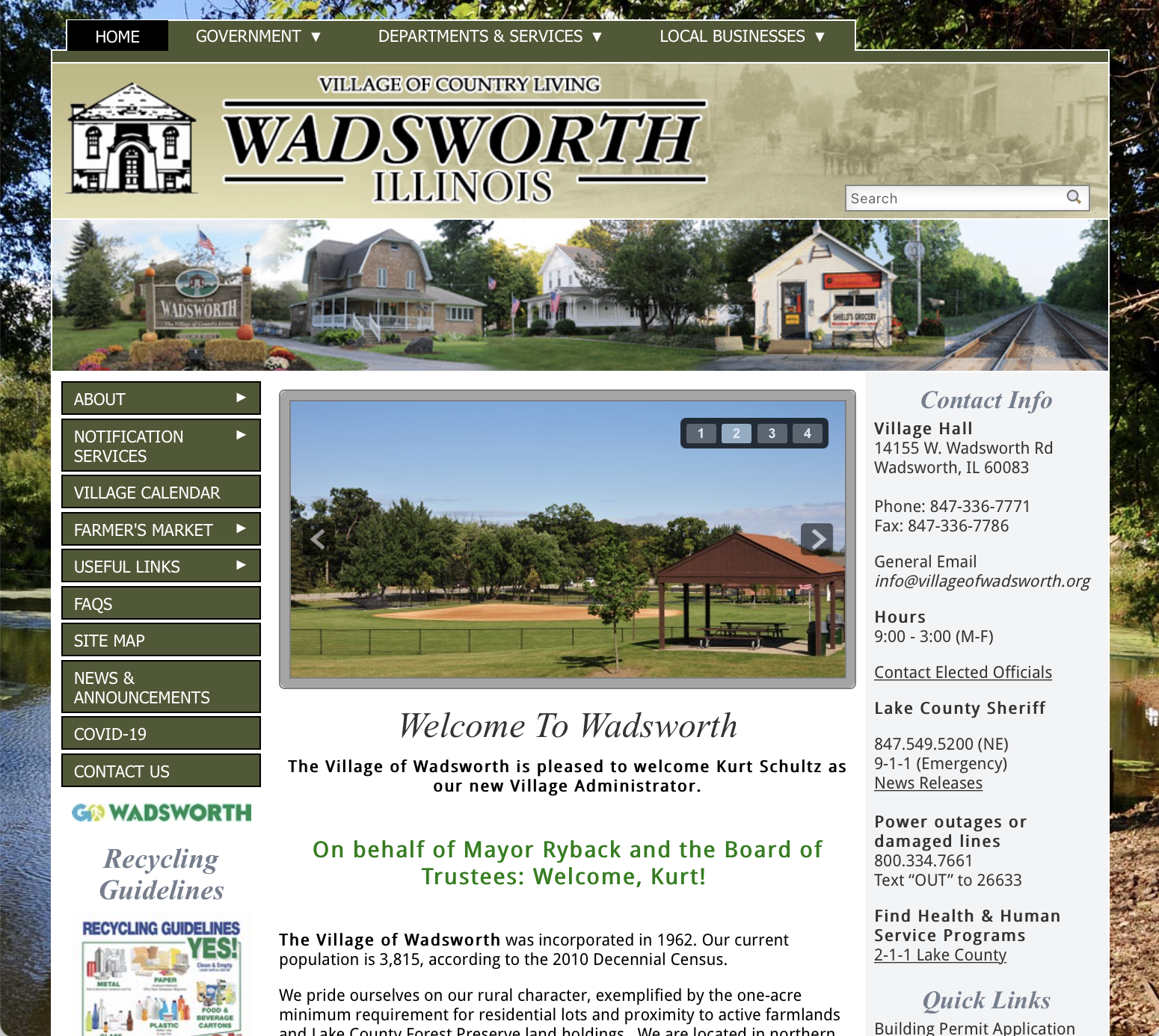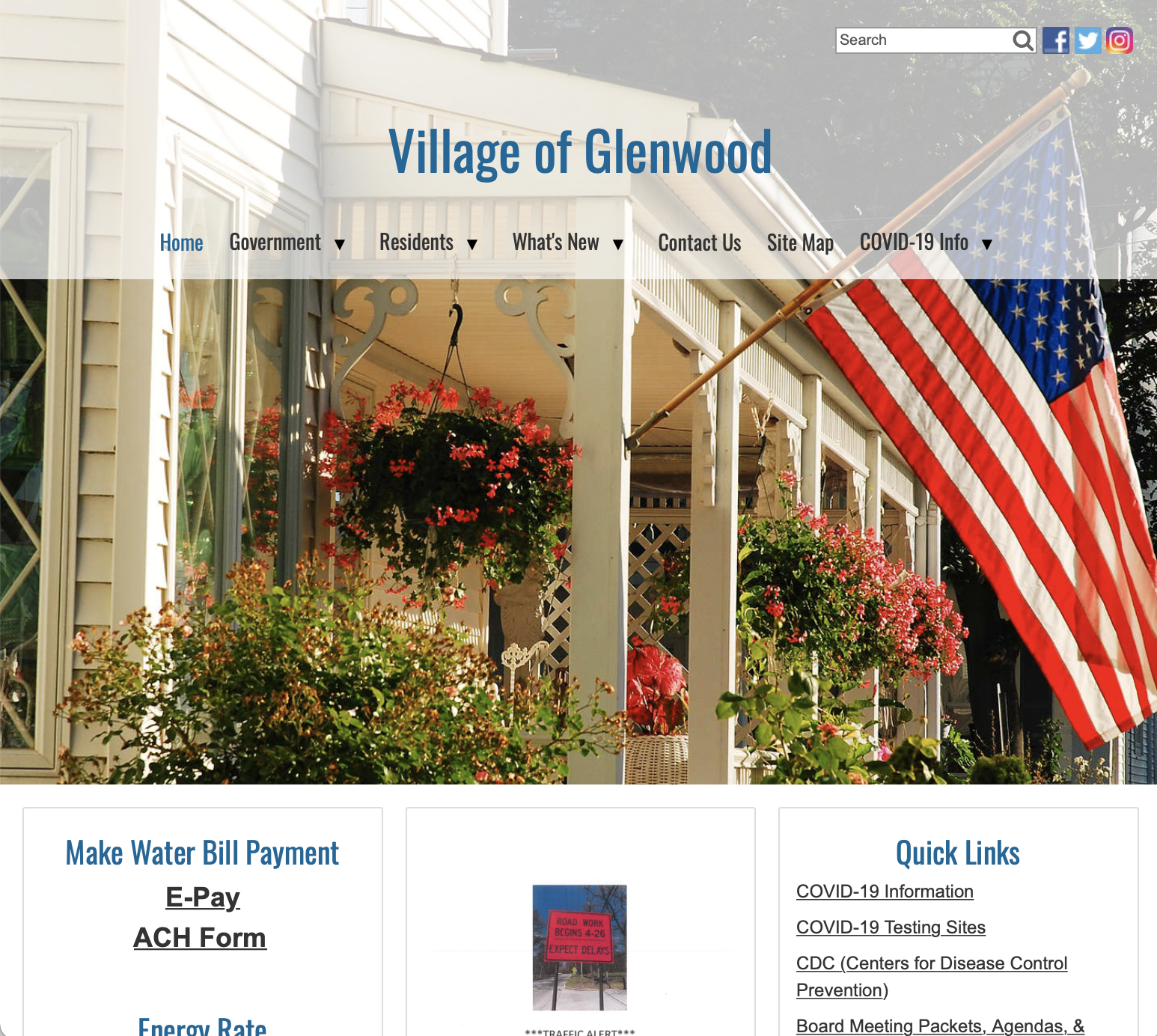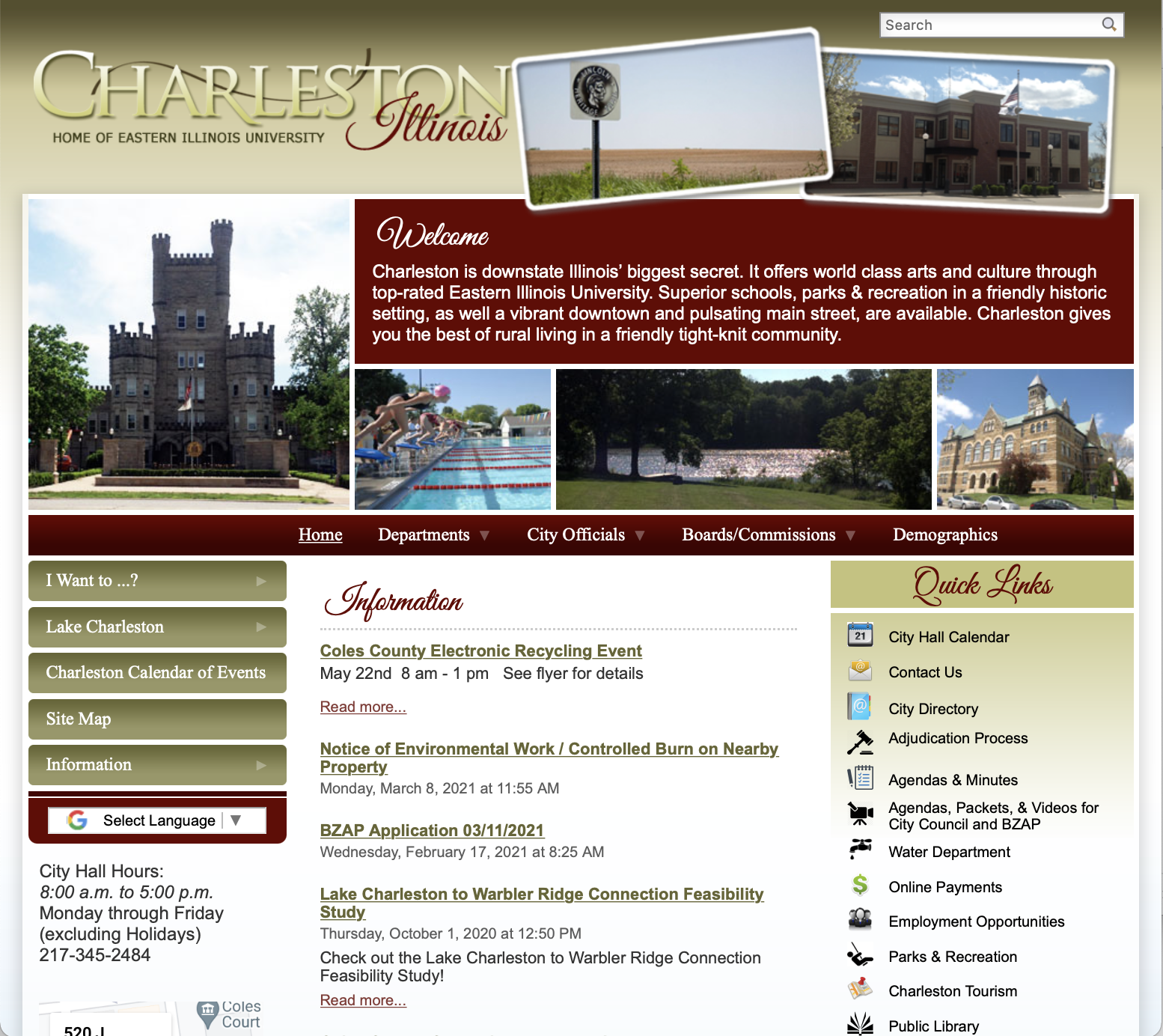Case Study: Implementing CRM Solutions at GovOffice
Background
At GovOffice, a small fully remote company that provides websites to city governments, I was hired as a Sales and Marketing Specialist. My primary responsibilities included increasing customer retention, assisting customers in enhancing their websites, and selling new web designs to clients with outdated websites. The challenge was to address all these areas simultaneously, leveraging my role to improve internal processes and customer engagement.
Challenge
A significant challenge at GovOffice was the absence of a centralized source for contact information, which led to operational inefficiencies. After the initial sale and setup of a website, there was minimal follow-up or ongoing engagement with city governments unless issues arose. Additionally, the sales team lacked visibility into customer status, often leading to duplicated efforts and potential customer service issues. The team was initially resistant to the idea of introducing a CRM system, fearing it might add to their workload rather than ease it.
Solution
To overcome these challenges, I undertook the following steps:
CRM Research and Selection: I researched and tested several entry-level CRM systems that offered ease of use with minimal data entry requirements. This approach was crucial to ensure quick adoption and minimal disruption.
Team Collaboration: Engaging with the sales team was a key strategy. I involved them in the CRM selection process, addressing their concerns and illustrating the CRM’s benefits, not as a surveillance tool but as a support system that could enhance their sales efforts.
System Implementation: Once a suitable CRM was selected, we set it up to include all existing customers. I managed the process of importing customer data and assigning accounts to specific sales representatives to streamline the sales process and prevent overlap.
Results
The implementation of the CRM system transformed the operational dynamics at GovOffice:
Improved Sales Coordination: With clear visibility into customer interactions, the sales team could avoid overlapping efforts and focus on nurturing relationships with new and existing clients.
Enhanced Customer Retention: Regular follow-ups and improved customer service facilitated by the CRM system led to 30% increased customer retention rates.
Streamlined Processes: The CRM system provided a structured approach to managing sales and customer interactions, significantly reducing inefficiencies and improving team morale.
Analysis
This project highlighted the importance of integrating technology to enhance business operations. The initial resistance from the sales team was a valuable lesson in change management—demonstrating the need for involving stakeholders in the decision-making process to ensure smooth adoption and buy-in.
Conclusion
The successful implementation of a CRM system at GovOffice not only streamlined internal processes but also significantly improved customer relationship management. This case study serves as an example of how small companies, especially those serving government clients, can leverage technology to enhance efficiency and customer satisfaction. The experience gained from this project has reinforced the value of collaborative solution-finding and the strategic use of technology in managing client relationships and operational processes.

